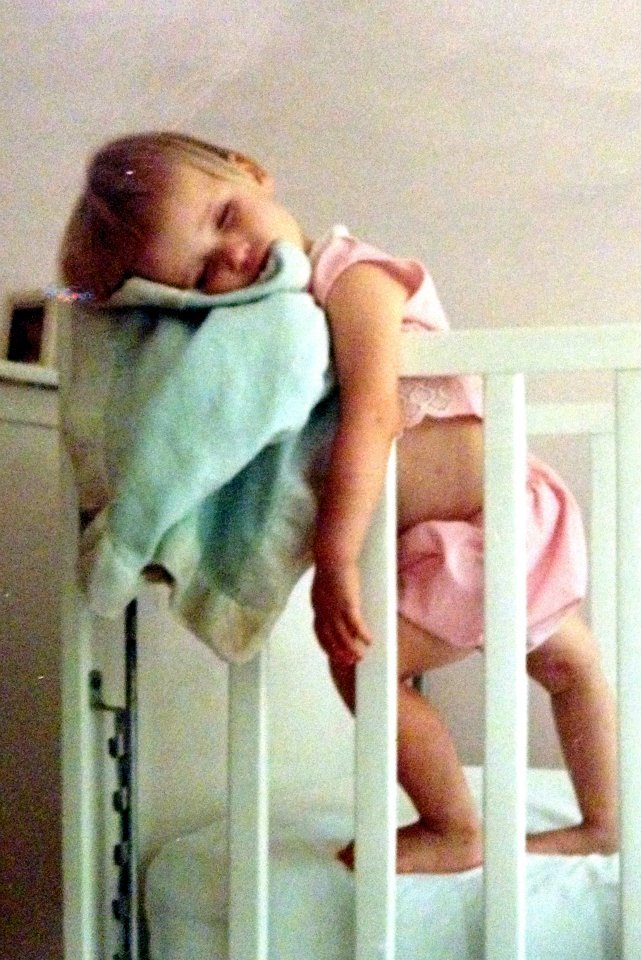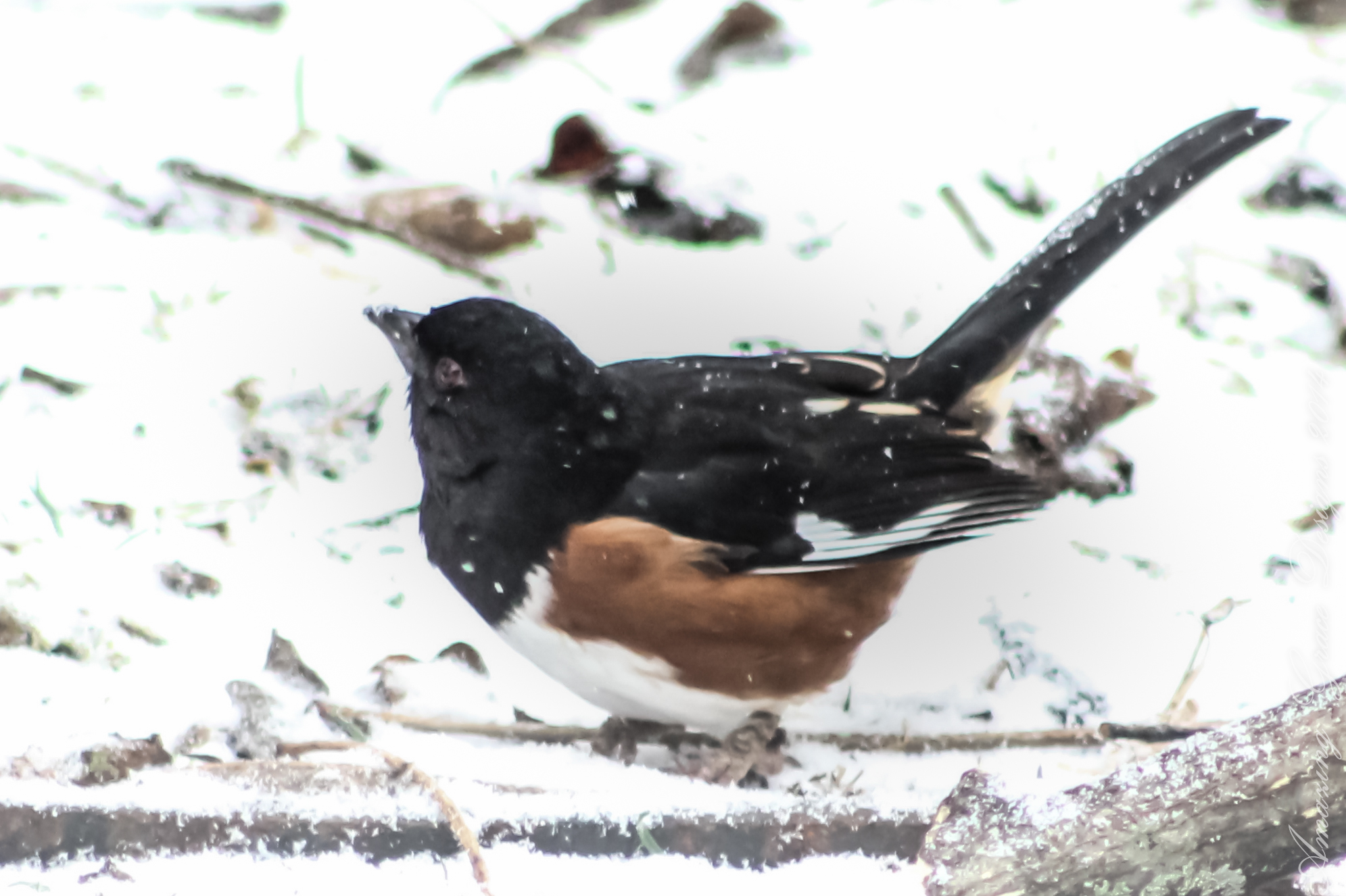Live Your Life Without Regrets
Live Your Life Without Regrets
“Lost opportunities, lost possibilities, feelings we can never get back again.
That’s part of what it means to be alive.” Haruki Murakami, Kafka on the Shore
You should have taken a minute to check on your father.
You should have gone to the party. You were the only one who didn’t show up.
When you leave work, you really should stop by the funeral home to pay your respects.
We always go to your cousin’s on the 4th of July. You really should be there.
Life is full of shoulds — things we should do, people we should spend time with, and a few things we should not have done.
It’s a lot of pressure to get it all right, and when we let the busyness of life and the voices of others and ourselves control us, we can be left with a great deal of regret. Opportunities and possibilities we might miss, that we can never get back again, can leave us with regrets.
The young father dancing with his daughter at our city’s free monthly music event on the Square probably won’t have any regrets for the night. I watched as he joined several other adults to “cut a rug” with their kids and grandkids.
Some folks might have let the discomfort of people seeing them be silly keep them from enjoying the moment, and they probably would have looked back wishing they hadn’t missed the opportunity to make meaningful memories. Living life with no regrets is a great way to live.
They are moments, they are memories, and they are part of what it means to be alive.
As Frank Sinatra sang, “Regrets, I have a few, but then again, too few to mention,” I am reminded that I want only a few regrets in my life. I know that if I hang on to my regrets, if I allow them to fill me with guilt and shame, I miss out on so much joy.
If I’ve made mistakes in my speech or actions, I want to recognize it, apologize if necessary, and then really try to be better. If I’ve missed opportunities to be with people, I can regret it and choose differently the next time. Often, though, our regret involves someone who is no longer living. Death seems to be one of the greatest dealers of regret.
There have been a lot of deaths and accidents lately that have left me thinking of the family members and friends who might look to their missed opportunities to speak with, to help, or to encourage a person.
Isn’t it the first thing we do when something happens to someone we care about? Don’t we immediately consider the things we wish we had said or done? Those thoughts help no one, but instead leave the living feeling inadequate in their prior choices.
You can’t undo what you did or didn’t do, what you said or didn’t say — to your kids, your spouse, your friends, or the stranger in line at the grocery. You can, however, let go of any guilt you carry and change what you do today. You can make memories instead of regrets.
Life is full of opportunities to be enjoyed and to be missed. Those people dancing on the Square will not have a regret of missing the moment with their children. How about you?
When you are looking back to the times you worked so much and lived so little, you might find that you have regret. Maybe you yelled at your spouse or kids, you might have regret and a little guilt, but you can make amends and be free of the burden.
If I miss your party and hear what a great time was had by all, I might regret missing the party.
If I know that with a little more effort I could have attended, I will have some guilt that I can handle by apologizing to you, and then I can move on.
If you tell me how you can’t believe I would miss it, you have tried to give me shame. I am finally smart enough to recognize that shame, in the words of a friend, is a gift I don’t need to accept.
When you write a resume’, you try to convey what a great team member you would be and hope to impress the person in Human Resources with your list of qualities. When you die, someone writes an obituary and sometimes delivers a eulogy — espousing your positive traits, sharing funny stories, and letting those who might not have known you see what kind of person you were.
I had a sweet woman tell me that she had been a homemaker all of her adult life, making memories for her family. That’s when I knew what I would put on my own resume’ for the job of “Human.” I want to be a Memory Maker. I want to have no regrets over memories I didn’t take time to make with the people I love.
As I make my list of things to do this week, I’m going to put “make memories” on the top of the page. I’m going to put it on the top of next week’s page, too, and I’ll be mindful of opportunities to spend moments dancing with someone I love. Just maybe, I’ll be able to look back at the end of my life and see that I was many things but one of my best ‘job descriptions’ will have been that of a memory maker.
Stop trying to shame people because they didn’t do what you wanted or expected. Stop letting your own guilt build until it consumes you for time you wish you had spent differently. Start embracing the opportunities, the possibilities, and the memories. It’s never too late.



